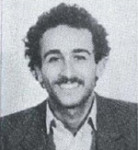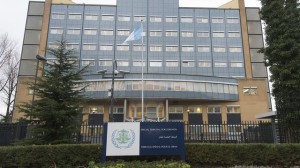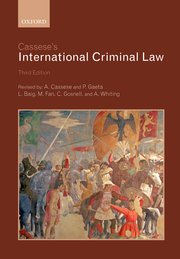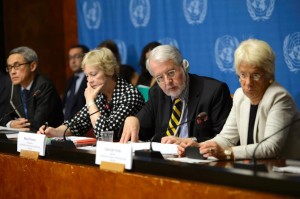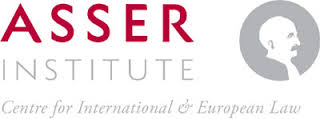
Hissène Habré, the former president of Chad, during his trial by the Extraordinary African Chambers in Dakar, Senegal, in 2015 ©Seyllou/Agence France-Presse — Getty Images
Today, the Appeals Court of the Extraordinary African Chambers upheld the life sentence for Chad’s former President Hissène Habré. Chad’s former President had been convicted of crimes against humanity, torture and war crimes, and sentenced to life in prison on May 30, 2016.
Habré was found guilty of rape, sexual slavery, torture and summary execution during his rule from 1982 to 1990. According to a 1992 Chadian Truth Commission, Habré’s government was responsible for conducting 40,000 political murders and systematically torturing more than 20,000.
Habré is the first African former head of state to be convicted in Africa, and the first former head of any state to be convicted of crimes against humanity by the courts of another country. It is also the first time that a former head of state has been convicted of personally raping someone. It is furthermore the first prosecution in Africa under universal jurisdiction.
The Extraordinary African Chambers, based in Dakar, Senegal, were created by the African Union and Senegal following a complaint filed by Hissène Habré to the Court of the Economic Community of West African States on the principle of non-retroactivity of the Senegalese new criminal provisions adopted in 2007-2008. The Chambers, especially dedicated to the trial of Hissène Habré, are composed of African judges and apply international criminal law, following Senegalese criminal procedure.


